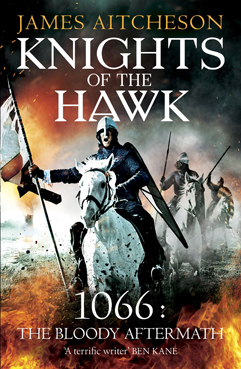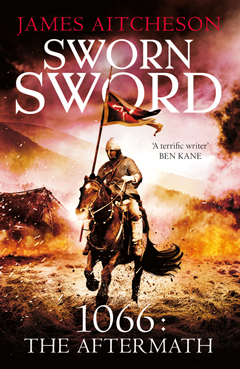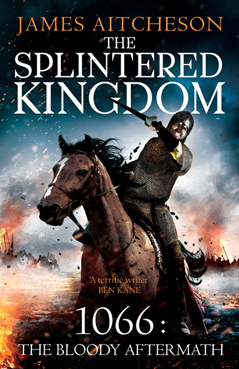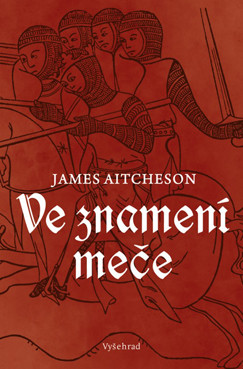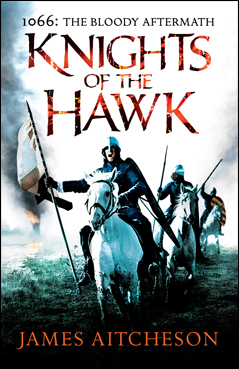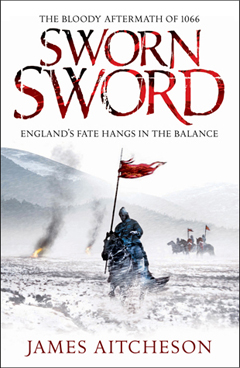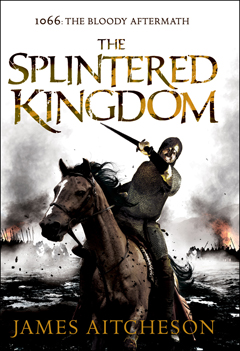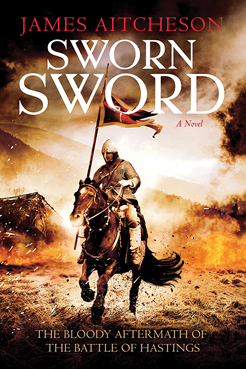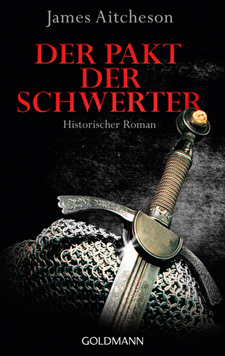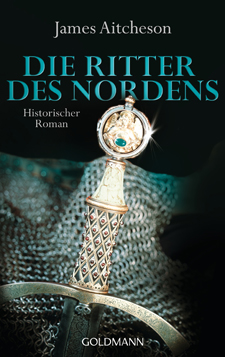A piece by Colin Burrow in the latest edition of the London Review of Books (22 November 2012) asks, “Why does a name sound right? … Are there rules about how names are given to characters?”
I’m often asked at talks and readings how I go about choosing the names for my characters. This can be a bit trickier for historical novels than for modern fiction, and inevitably involves a fair amount of research. Whilst a lot of medieval names are still in use today in some form – especially French names imported by the Normans, like William, Stephen and Hugh – others, particularly Anglo-Saxon names like Ælfwold or Byrhtwald, are no longer in use. So to uncover interesting examples that I can use in my novels, I go back to the primary sources and gradually build up a database of Anglo-Saxon, Norman, Breton and Welsh names. Domesday Book, which was compiled in 1086, is an ideal resource for the Norman Conquest, as are the various contemporary chronicles.
But that’s only part of the story. It’s important for me to choose a name that fits the personality of the character I have in mind. I knew that for Tancred’s trusted brother-in-arms Wace, for example, I wanted a single-syllable name to reflect his blunt manner, and there were surprisingly few to choose from in my database. “Wace” had the advantage that it rhymed with “mace”: a bludgeoning weapon and a relatively unsubtle one at that, making use of brute strength to batter one’s opponent. All of those connotations fitted well with my idea of what I wanted the character to be like.
Obviously it’s not an exact science – there are of course many more words that rhyme with Wace, all of which might have suggested different aspects to his character, but that was the one that first sprang to mind, and so that association stuck with me. For very similar reasons I chose to call one of Tancred’s knights in The Splintered Kingdom Serlo largely because of its similarity to “surly”, which was how I originally imagined him, although that impression changed in the course of writing the rest of the novel.
Other names evolve over time. My narrator and hero was originally (in the very earliest drafts of the first chapter of the novel that eventually, several years later, became Sworn Sword) named Thurstan, partly in homage to the Norman protagonist of Barry Unsworth’s 2006 novel The Ruby in Her Navel, set in twelfth-century Sicily, which was one of the books that inspired me to start writing my own historical fiction. But very quickly I realised that Thurstan didn’t feel quite right. I wanted to define my narrator as distinct from Unsworth’s, and give him an independent identity, which meant I had to give him a new name.
So I went back to my list of French names, and came up with Tancred. Somehow, it sounded stronger, bolder and grittier, and just, well, … right. And although it’s fairly obscure now, it was a noble name at the time, being also the name of one of the leaders of the First Crusade, Tancred, Prince of Galilee, and of a King of Sicily in the following century. And so I began to build a picture of my Tancred as someone with ambition and aspiration to great things.
There were problems with that choice later on, especially when I decided he was to be of Breton extraction rather than a Norman, which meant that I had to explain why he had a French and not a Breton name. But the explanation that I came up with in turn helped to shape his character and his background, and add new dimensions to him that I hadn’t considered before. Usually, as in the case of Wace, it’s the other way around, but occasionally the choice of name itself will give me inspiration as to the personality of a character and the direction in which his story might unfold.
I should note that I generally prefer to use the contemporary eleventh-century rather than modern forms of personal names, so as to make them seem less familiar and also, in the case of the Norman characters, more foreign and less English. So William becomes Guillaume, Hugh becomes Hugues, Edgar becomes Eadgar, Edith becomes Eadgyth and so on. In a similar way, as far as possible I use the Old English versions of place-names, to add distance and remind readers that the England of c.1066 was a very different country to the England of today.
One last point: once a character’s name is established, I find it very difficult to change it unless there’s very good reason to do so. Why this is, I’m not really sure, although probably it’s precisely because the name is usually so intrinsically tied up with his or her personality that to alter it would simply feel wrong, in some way like a betrayal of that character. I just can’t bring myself to do it.
Featured podcast
For more podcasts, visit James's channel on Soundcloud.

